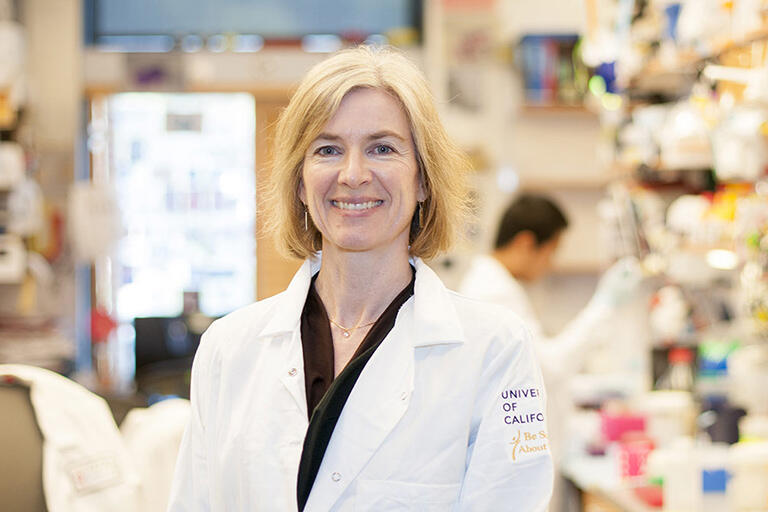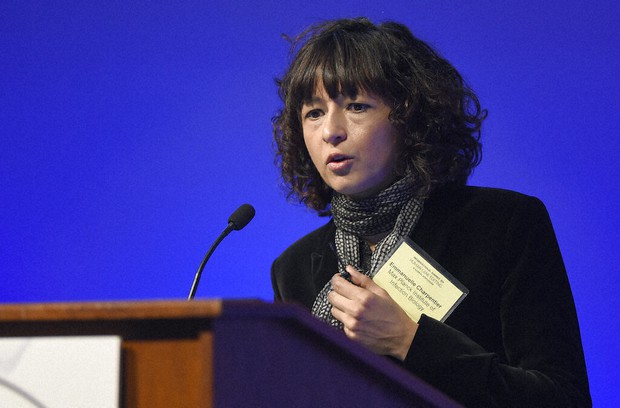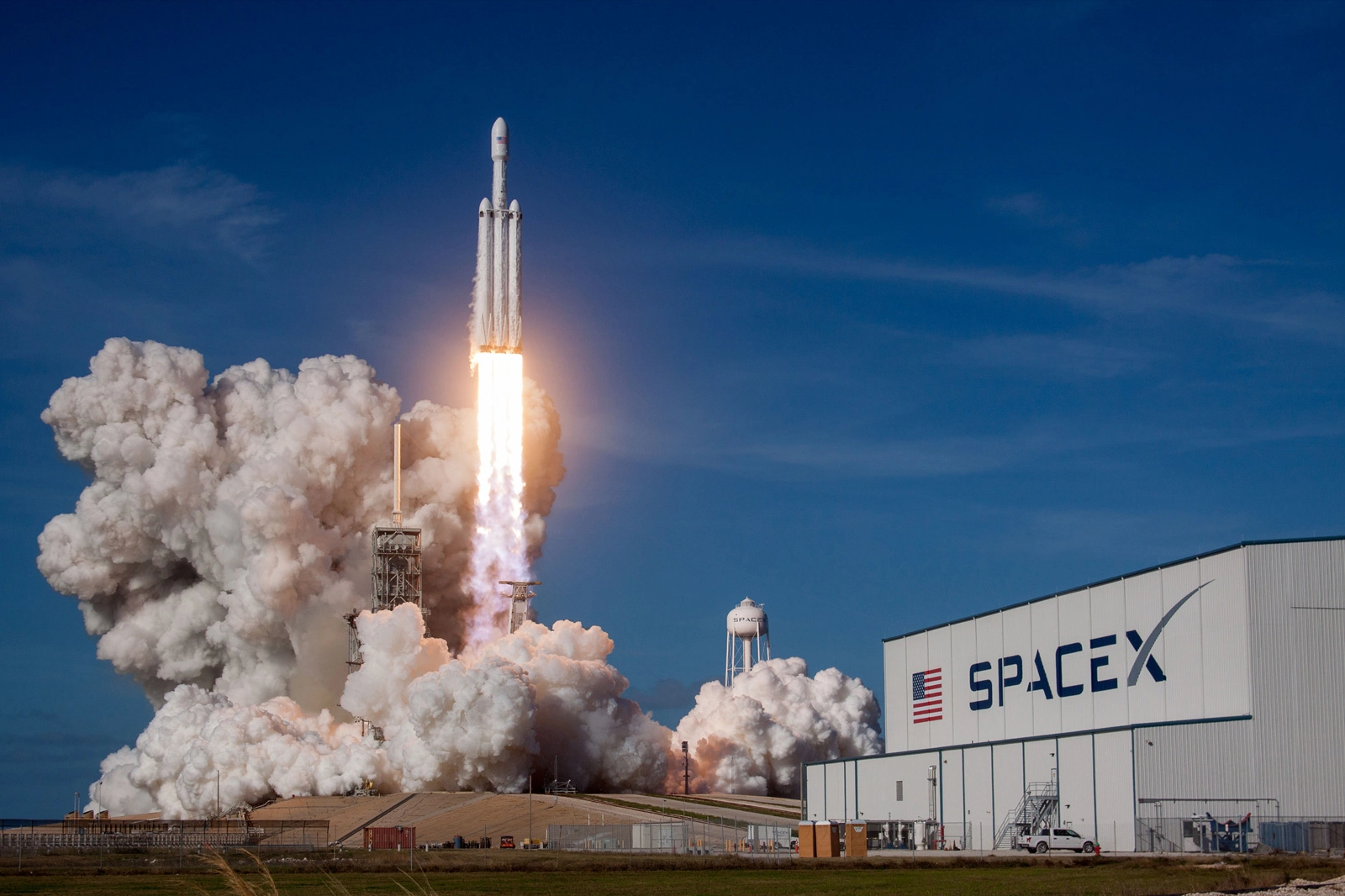MicroSpaceGen
Rewriting Life's Cosmic Code
Exploring microbial gene variations in space environments to lay the foundation for human interstellar exploration and biotechnology innovation
Human understanding of life behavior in space environments has always been limited. Traditional ground experiments cannot fully simulate the effects of extreme environments on microorganisms. Microgravity, high radiation, and extreme temperature changes in space environments have profound effects on microbial gene expression and behavior, potentially leading to entirely new biological characteristics.
MicroSpaceGen will break through this limitation through innovative gene editing technology and a decentralized research model, systematically studying the mechanisms of microbial gene variation in space environments. Our research not only focuses on fundamental scientific questions but also on practical applications in space exploration, such as life support systems, biomanufacturing, and space medicine.
Revealing the limits of life
Providing biological foundations for space exploration

Potential biotechnology breakthrough
Theoretical basis for extreme environment survival mechanisms

Video Gallery
Tri-complex-KRAS-RMC-CYPA
This video demonstrates the structure and interaction of the KRAS, RMC, and CYPA protein complex.
Ground Simulation Experiments
Microgravity environment simulation, radiation intensity simulation, CRISPR-Cas9 gene editing

Space Experiments
Collaboration with SpaceX, International Space Station microbial experiment module, real-time gene expression monitoring

Decentralized Science Model
Tokenization of research value, decentralized peer review, open research progress tracking
Patented CRISPR-Cas9 Space-Adapted Variant
MicroSpaceGen's patented CRISPR-Cas9 space-adapted variant is the world's first gene editing tool optimized specifically for space environments. It maintains stability in microgravity and high-radiation environments, enabling precise gene editing operations with 37% higher efficiency than traditional CRISPR systems.
Our system addresses the accelerated RNA degradation problem in space environments through protein structure modification and special buffer formulations, allowing gene editing tools to be stably stored for up to 6 months in the International Space Station environment.
Microfluidic Chip Technology
Our microfluidic chip technology allows complex biological experiments to be conducted in extremely small volumes, particularly suitable for the resource constraints of space environments. A single chip can perform 96 parallel experiments simultaneously, each requiring only 50 microliters of sample volume.
Combined with real-time monitoring systems, we can capture immediate gene expression changes, providing unprecedented data precision for understanding microbial adaptability in space environments. The latest generation of chips has integrated nanopore sequencing technology, enabling real-time whole-genome analysis.
Decentralized Science Model
MicroSpaceGen's decentralized science model ensures global sharing of research results through blockchain technology and open-source protocols, while protecting intellectual property through smart contracts. This creates a research ecosystem that balances openness and incentives.
Our research value tokenization system has attracted research institutions from 27 countries worldwide, forming a collaborative network of over 300 scientists working together to advance the frontiers of space microbiology research.
Quantum Computing-Assisted Simulation Platform
Our quantum computing-assisted simulation platform can predict microbial gene expression patterns under various space environment conditions, significantly reducing experimental costs and time. The platform has successfully predicted adaptive changes in three model microorganisms in the International Space Station environment with 87% accuracy.
Through collaborations with NASA and ESA, our simulation platform is being used to plan biological experiments for future Mars and deep space missions, providing critical biological support for human space exploration.